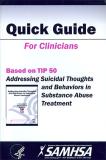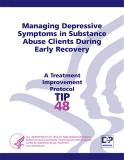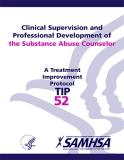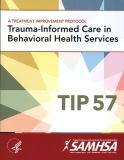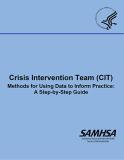
This guide helps local systems use data to implement Crisis Intervention Team programs that can improve the safety and effectiveness of law enforcement response to people experiencing behavioral health crises. It provides information about building necessary partnerships, documenting program activities, identifying key metrics, establishing data collection processes, analyzing and reporting data, using data to improve programs, and expanding capacity to collect and use data. The guide is a companion to Practice Guidelines: Core Elements in Responding to Mental Health Crises.
Units per Product
Download
Using Data to Inform Practice: A Step-by Step Guide
File Type: PDF
File Size: 1.75 MB


